What are Argonaute syndromes?
Argonaute syndromes are rare neurodevelopmental disorders characterized by delayed motor development, epileptic seizures, problems speaking and understanding, and cognitive impairment. These are linked with changes in the Argonaute genes, specifically Argonaute1 (AGO1) and Argonaute2 (AGO2). There are only 85 diagnosed patients with these disorders in the world. It is believed that there are many more, but diagnosis is difficult as it is a very recent discovery, and the gene is not included in many gene panels during genetic tests. No cure or treatment has yet been elaborated.
Rare disease communities have a special role to play in this case. They connect families to share learnings and support each other, foster awareness, and can push medical boundaries by acting as risk mitigators in early phases of drug development.
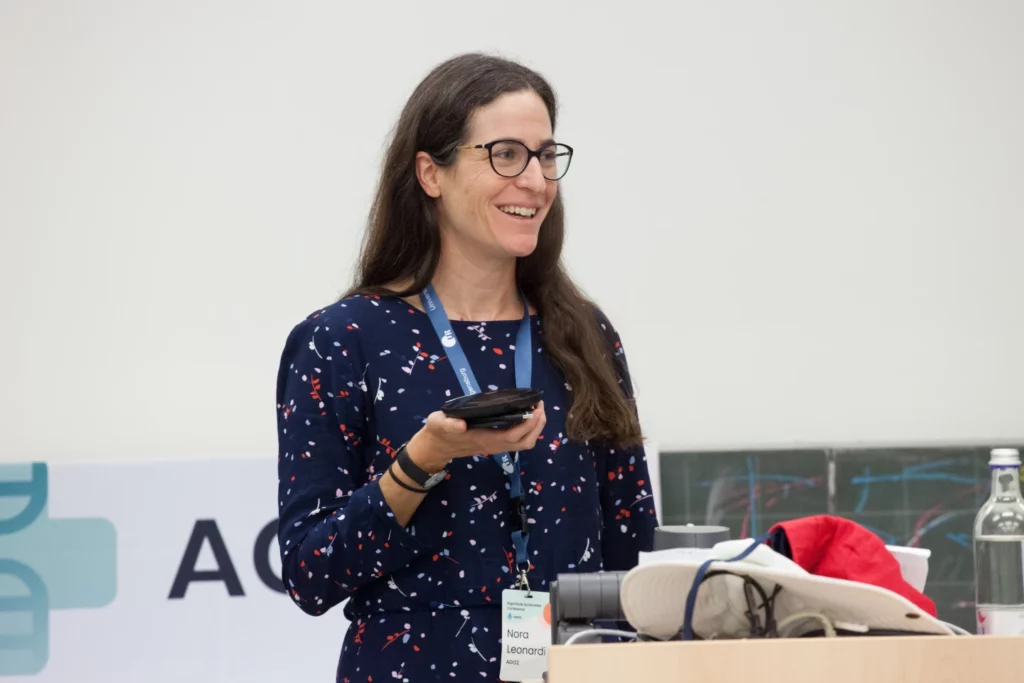
The event
The 1st Argonaute Syndromes Science & Family Conference 2022 was organised by the AGO2 Association with NSS funding. It took place as an offshoot of the 1st Scientific Meeting on Argonaute proteins, co-organized by Prof. Meister and Prof. Simard in Regensburg, Germany.
AGO Alliance (formerly AGO2 Association), a Swiss non-profit, was founded with the aim of connecting affected families, raise awareness, and find funding for the development of treatment. Nora Leonardi, whose child is affected by the gene mutation, is the co-founding president and was also on the organising committee of the conference, together with Prof. Davor Lessel and Prof. Hans-Jürgen Kreienkamp (together the first to document the AGO2 gene mutation), Prof. Amelie Piton (first to document neurodevelopmental disorder associated with AGO1), and Prof. Gunter Meister (leading researcher on RNA-guided gene silencing and Argonaute proteins).
The conference brought together health experts, researchers, and patient families from all over the world. The first day was dedicated to a meet and greet with the families and all the participants, and meeting the scientists attending the parallel scientific meeting on Argonaute proteins. The second day was dedicated to the conference itself, with sessions devoted to patient families and their everyday experiences, and others explaining the syndrome itself, how research is progressing and possible treatments. Some families who were unable to come participated virtually on that day. The third day was a real family day to learn from each other in an informal way.
The feedback from families was very positive, with 91% of parents saying that they had learnt something new about their child’s condition and 100% of families and researchers saying they are eager to participate in a similar conference in the future. All agreed that it was educational, informative, and emotional. Parents expressed that the conference had created much needed long-term connections that will surely positively impact their children. Parents often talk of being frustrated and isolated in their struggle with the disease, this was finally a moment to see that they are not alone, that someone understands them and that research is under way to help them.
Researchers were also able to meet families and their children face-to-face, which gave them a meaningful context for all their tireless work on the gene or syndrome. They were able to see the different ways in which families in different countries cope with the disease, the different variations in symptoms and the progress that many patients have made. This gave them an even greater incentive to continue their research and try to make a difference to the patients. It also gave parents a different perspective on their daily struggle and, most importantly, reassured them that they had done absolutely nothing wrong to cause their children’s disease.
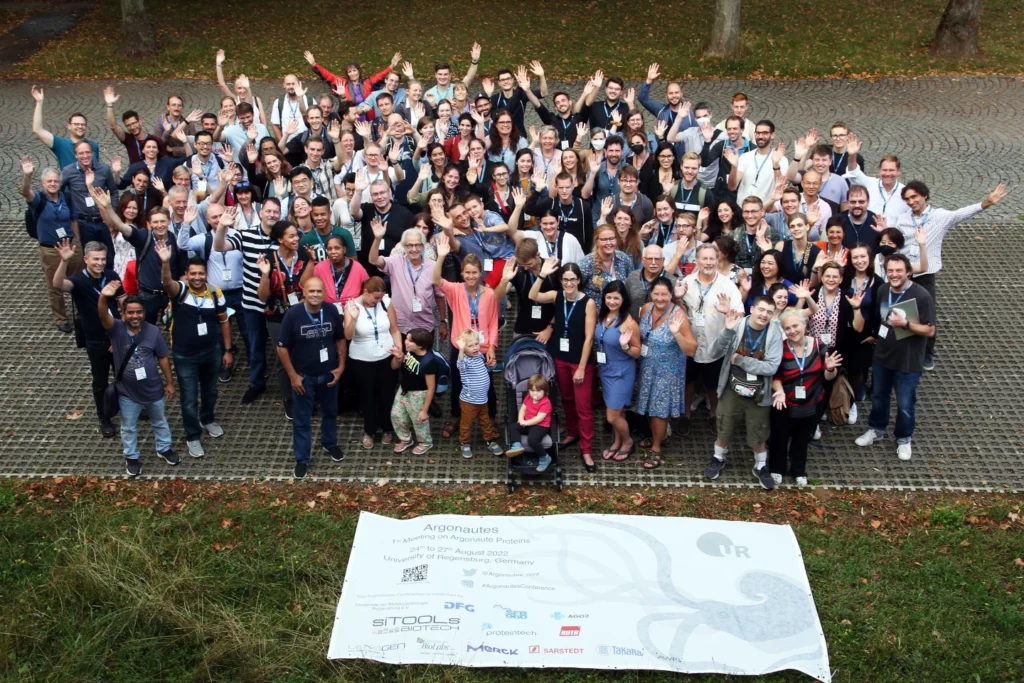
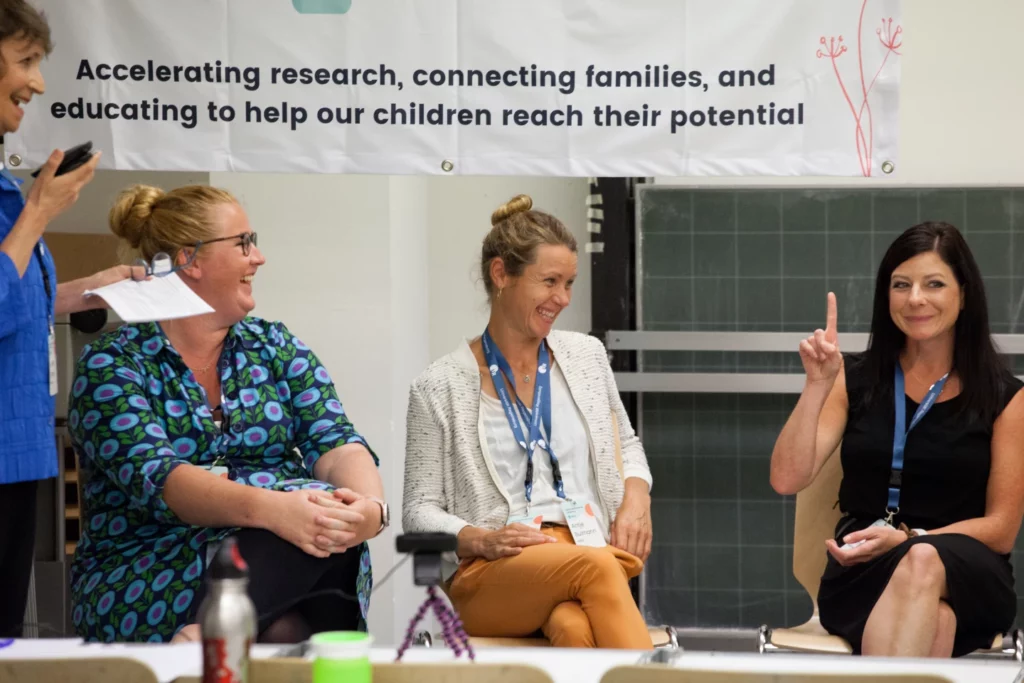
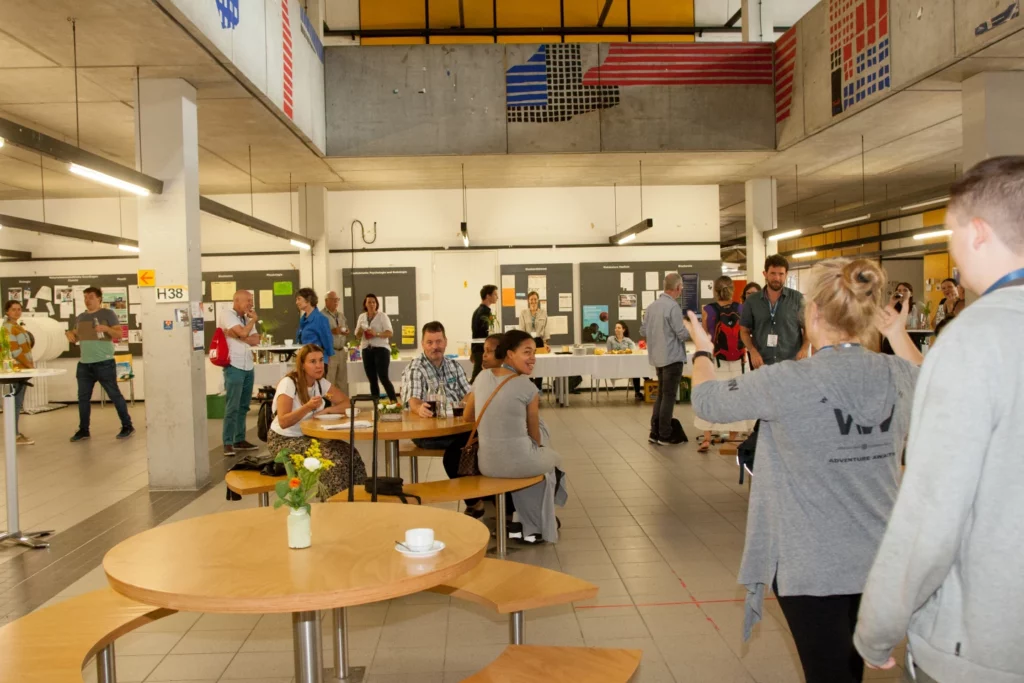
Feedback from the event
Nora Leonardi points out that there are already positive effects at play thanks to researchers and clinicians being present at the conference. Several international collaborations have begun. Multiple basic scientists have started research on the disease. This would probably not have happened without the conference, and is sure to lead to better and more rapid progress in understanding the disease. Nora Leonardi says: “Meeting in-person was truly valuable, and our Facebook parent group has become much more active since the conference.” We have also decided to broaden the scope of our association to all Argonaute-related genes, and we rebranded as AGO Alliance in that perspective.“ Nora is aware that this is only the beginning of a long fight, but this conference was a wonderful and promising beginning.
Everyone was so enthusiastic about the event that a 2024 Argonaute conference is already being planned and many scientists have already shown serious interest.
The 2022 conference was organized with support from the European Joint Programme on Rare Diseases (EJP RD) and its Networking Support Scheme funding scheme.
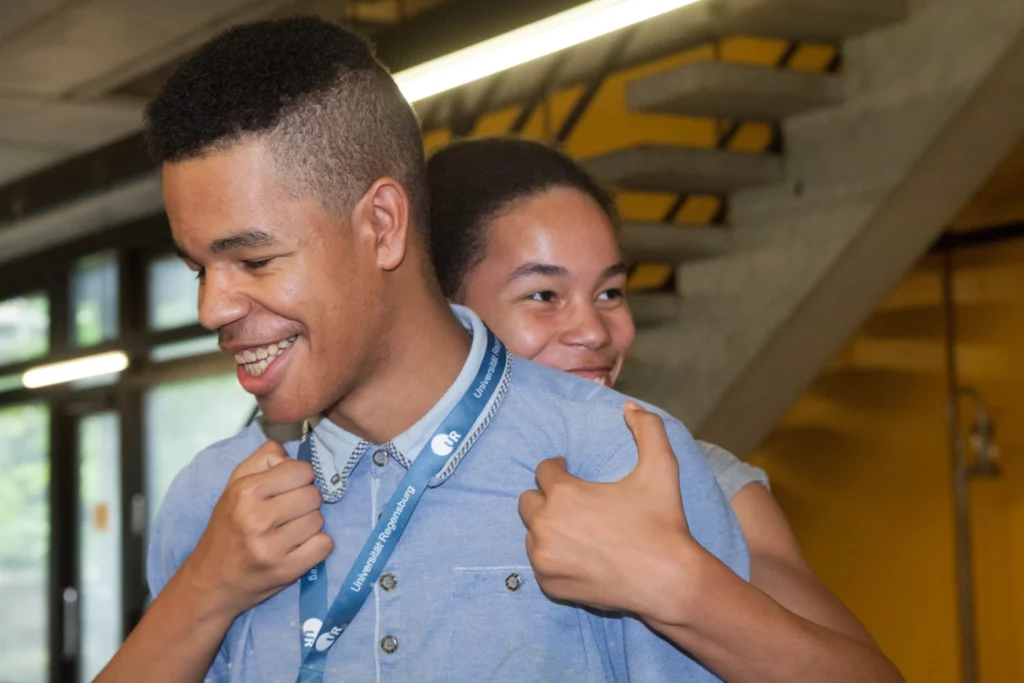
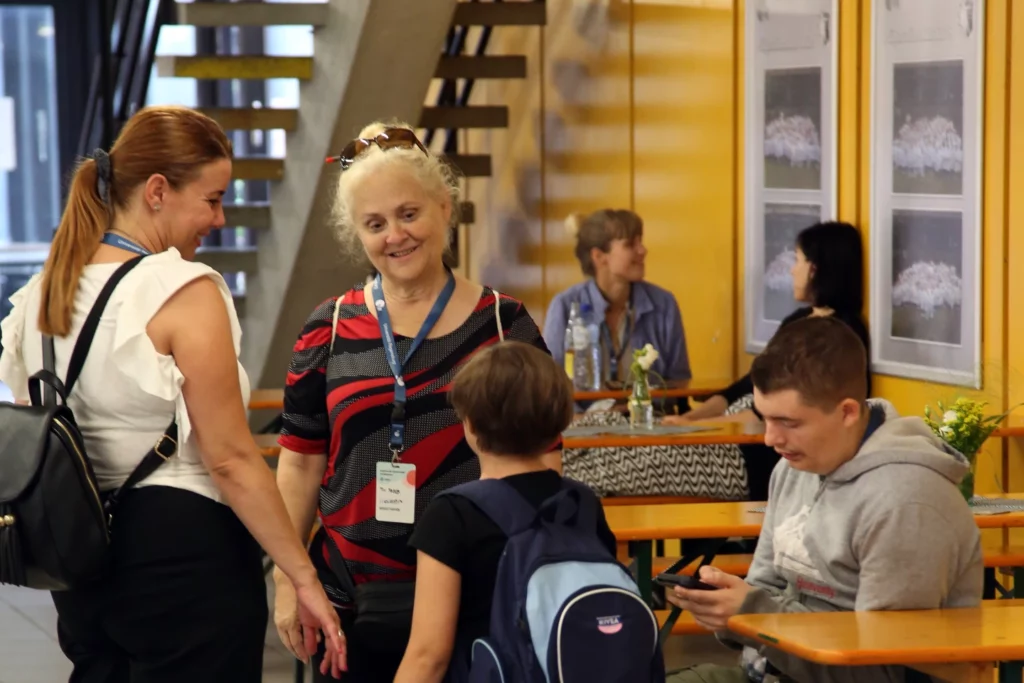
EJP RD's Networking Support Scheme
The EJP RD is a ground-breaking initiative that has brought together the collective expertise of 35 European and non-European nations to address the unique challenges posed by rare diseases. It has become a beacon of hope for many thanks to its patient-centric approach, helping patients navigate this often-complex medical world.
Within the EJP RD, a component of creating a framework for rare disease research is the Networking Support Scheme (NSS). The NSS serves as a dynamic facilitator, promoting and fostering connections among various stakeholders within the rare disease community. Its primary mission is to promote networking activities that bring together researchers, clinicians, patients, and other relevant actors to share knowledge, expertise, and resources. Through the funding of workshops, conferences, and collaborative projects, the NSS empowers these stakeholders to work in unison. It helps usually underrepresented countries in Europe to participate in new research networks.
The NSS also plays a key role in promoting patient involvement and empowerment. It recognises that patients and their families are an invaluable source of insight and expertise on rare diseases. By actively involving patients in those networking activities, the NSS ensures that their perspectives and needs are at the forefront of research and healthcare initiatives. This patient-centred approach promotes a broader understanding of rare diseases, ultimately leading to better diagnostics, treatments and support systems.
Images provided by AGO Alliance.
